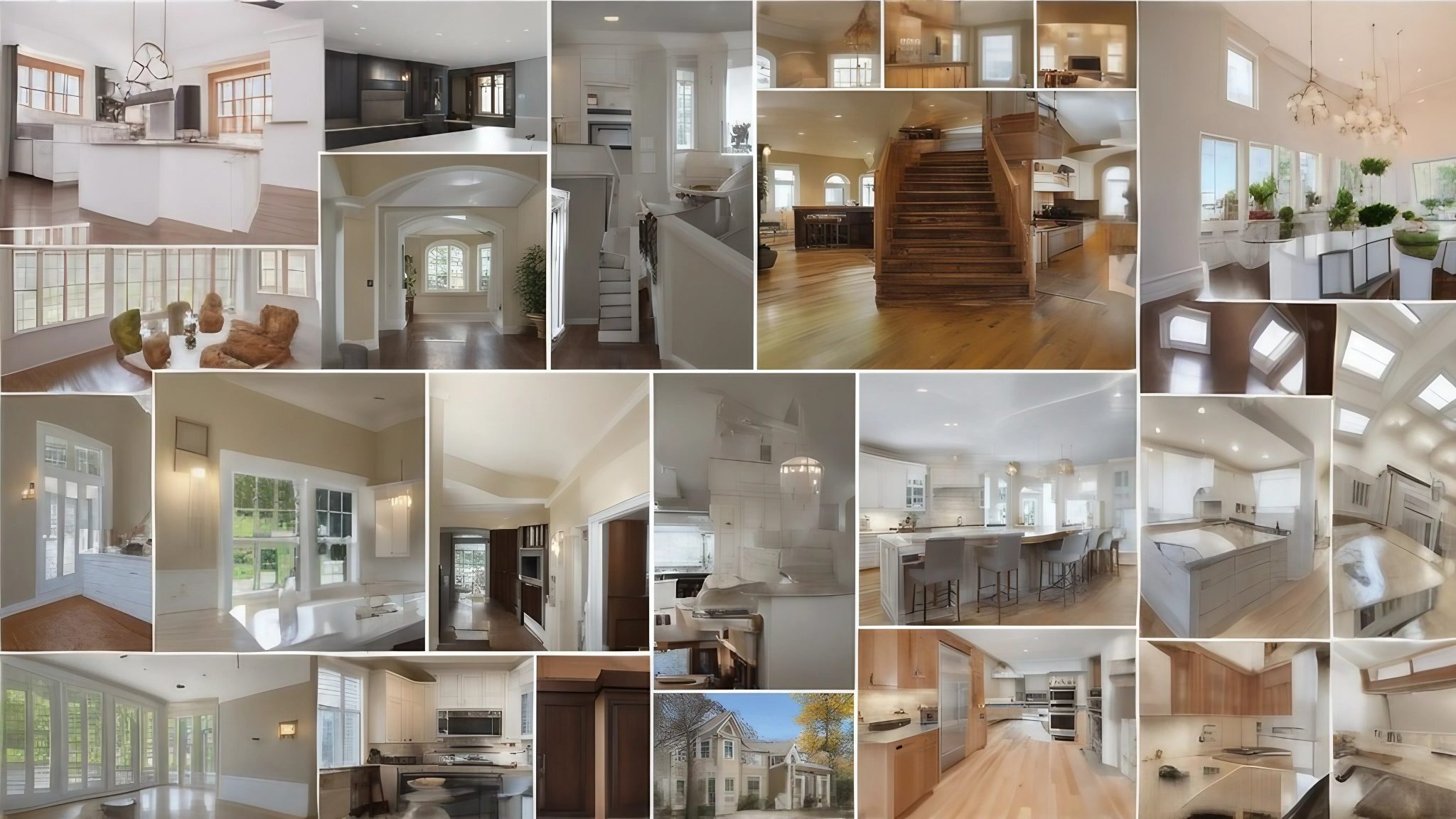As you venture into the world of home renovation, you’re poised on the precipice of transformation, ready to breathe new life into your living spaces.
Yet, amidst the excitement, there’s an unsettling question that hangs in the air: Will your choice of a contractor bring your vision to life, or could it usher in a catastrophe that leaves you in disarray?
Just imagine—a contractor brimming with promises suddenly disappears halfway through the project, leaving you with chaos and incomplete rooms. Alternatively, you might select a contractor who opts for shortcuts, churning out subpar work that shatters your renovation dreams.
These harrowing tales of renovation gone awry are all too real for those who neglect the crucial process of contractor selection. Are you ready to roll the dice with your renovation, or will you ensure that your home improvement journey becomes a triumphant success story rather than a sorrowful saga?
When it comes to embarking on an interior design renovation project, choosing the right contractor can make all the difference. The right contractor will not only help bring your dream design to life but also ensure that the process runs smoothly and efficiently. But with so many contractors out there, it can be overwhelming to know where to start.
To define your project scope, you should start by identifying your goals and objectives. This will give you a clear idea of what you want to achieve with your renovation. Once you have defined your objectives, you can move on to determining the deliverables of your project. These are the tangible items or outcomes that you will produce as a result of your renovation project. It's also important to identify any constraints that could impact your ability to complete the project, such as budget constraints, time constraints, or regulatory constraints.
Finally, you should summarize your project scope in a project scope statement. Create a document that outline the goals, objectives, and deliverables of your project, as well as any constraints that may impact your ability to complete the project successfully. By defining your project scope, you can ensure that everyone involved in the project is on the same page and that your renovation project runs smoothly and efficiently.

When it comes to interior design renovations, experience is key. Look for contractors who have experience in the type of project you're undertaking. For example, if you're renovating a kitchen, look for a contractor who specializes in kitchen renovations. This will ensure that they have the expertise to handle the specific challenges that come with your project.
Before hiring any contractor, it's essential to check their credentials. Make sure they are licensed, insured, and bonded. This will protect you in case of any accidents or mishaps on the job site. In Singapore, the Housing and Development Board (HDB) and Building and Construction Authority (BCA) maintain directories of licensed contractors in Singapore. You can search these directories to verify if the contractor you are considering is registered and licensed to perform the type of work you need.
Additionally, you can check if the contractor is a member of professional organizations such as the Singapore Contractors Association Ltd (SCAL) or the Association of Small and Medium Enterprises (ASME). These organizations have stringent requirements for membership, so being a member can be a good indication of the contractor's professionalism and competence. You can also ask the contractor for their license and certification numbers and verify.

One of the best ways to find a great contractor is through referrals from friends or family who have had a positive experience. You can also look for reviews online on sites like Yelp or Google. Be sure to read both positive and negative reviews to get a well-rounded sense of their work.
It's always a good idea to get multiple quotes from different contractors. This will help you compare pricing and ensure that you're getting a fair deal. However, be wary of quotes that are significantly lower than others. This could be a sign of subpar workmanship or the use of inferior materials.
Take a look at the contractor's portfolio of past work. This will give you an idea of their style and the quality of their work. You can also ask for references from past clients to get a sense of their experience working with the contractor.

When working with a contractor, communication is key. Make sure that you feel comfortable communicating your ideas and concerns with them. The right contractor will listen to your needs and provide feedback to help you achieve your vision. They should also be responsive to your calls and emails and keep you updated throughout the project.
Make sure the contractor you choose is available to start your project within a reasonable timeframe. Renovations can be disruptive, so it's important to have a clear timeline for the project's completion. A good contractor will provide a realistic timeline and stick to it.
Before starting any work, make sure you have a written contract that outlines the scope of the project, the timeline, and the cost. This will protect you in case of any disputes that arise during the project. Be sure to read the contract carefully and ask questions about anything you don't understand.
2 ALEXANDRA RD, #02-09 DELTA HOUSE, SINGAPORE 159919
FOR ENQUIRIES
ENQUIRIES@MARQUISHQO.COM
TELEPHONE
+65 8923 3238
2 ALEXANDRA RD, #02-09 DELTA HOUSE, SINGAPORE 159919
TELEPHONE
+65 8923 3238
I AGREE TO THE PRIVACY POLICY
2 ALEXANDRA RD, #02-09 DELTA HOUSE, SINGAPORE 159919
I AGREE TO THE PRIVACY POLICY